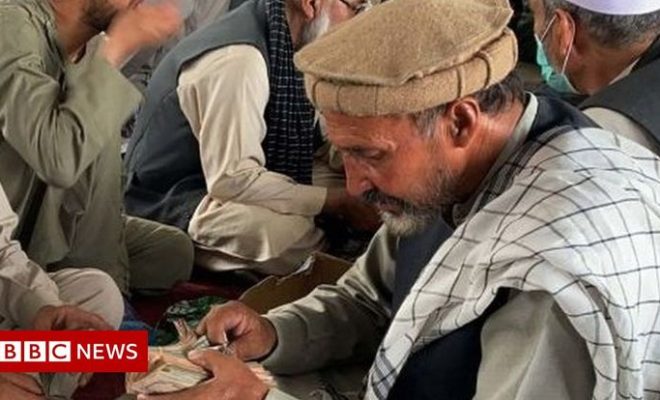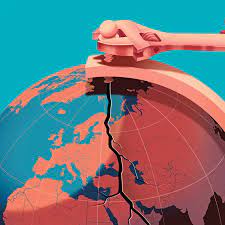Taliban Controls The World’s Best Performing Currency This Quarter

As the first quarter of the year comes to a close, a surprising development has unfolded in the global economic arena. The afghani, Afghanistan’s national currency, stands as the world’s best performing currency for this period. Managed under the controversial rule of the Taliban, who took over the nation in August 2021, this economic feat has caught analysts and investors off guard.
The resurgence of the afghani can be attributed to a combination of factors. First among them is the drastic change in monetary policies put forth by the Taliban-led central bank. These regulations have ostensibly tightened currency circulation and restored a level of confidence among Afghans and international currency traders.
Another contributing factor to the afghani’s robust performance may be linked to limited international engagement. With fewer opportunities for international trade due to sanctions and limited diplomatic recognition, the flow of foreign currencies into Afghanistan has slowed significantly. This insularity creates an artificial scarcity that can bolster local currency value.
Moreover, it is important to note that this valuation may not fully indicate a thriving economy; instead, it showcases currency valuation in isolation from wider economic conditions such as employment rates, production levels, and living standards. Often dismissed as “hot money,” momentary surges in performance can result from speculative trading rather than genuine economic health or stability.
Despite these peculiar circumstances favoring the afghani, the potential long-term sustainability of this performance remains uncertain at best. Economic experts urge caution as what goes up swiftly on uncertain foundations may come down with equal speed.
The world watches with mixed apprehension and intrigue as Afghanistan’s monetary conditions evolve; they serve not only as a financial case study but also as a stark reminder that currency markets often operate independently from societal wellbeing or political stability. The unexpected surge in the value of the afghani amidst continuing humanitarian challenges hints at an unconventional nexus between economics and geopolitics—one that will undoubtedly be analyzed with keen interest in the months to follow.

